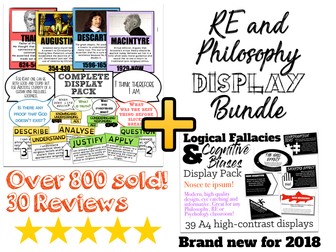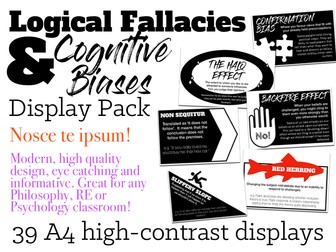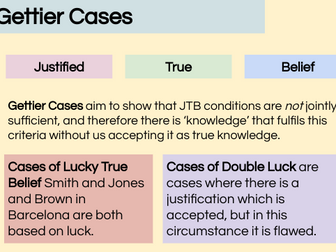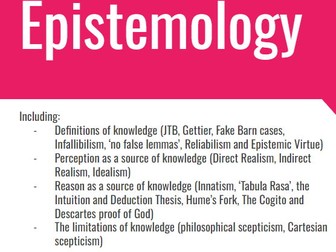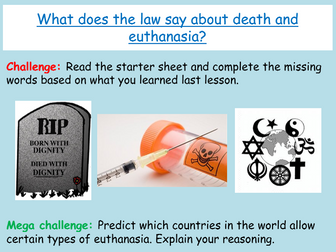Sale

Ethics Introduction
A fully-resourced, detailed and differentiated 2 hour lesson which serves as an introduction to Ethics. This is perfect as part of a KS3/KS4 RE or philosophy unit and focuses on philosophers, theories and fallacies.
This lesson is editable, so easy to adapt for your own planning and contains match up tasks, clip tasks, literacy and debate tasks, information sheets and more, as well as an engaging 2 hour PowerPoint. It is well-differentiated with three-level challenges for each task and very easy to follow.
Who are EC Resources?
EC Resources are the top TES PSHE providers and are a group of teachers who work together to create easy to use, high quality and editable lessons and units of work. We have created lessons for The Children’s Commissioner, MACS Charity, Tes, LikeToBe Careers, the Criminal Cases Review Commission (UK Gov) and have also completed PSHE and Citizenship commissions for schools across the UK.
Check out our RE and PSHE Packages here:
Complete KS3 PSHE and RSE
Complete KS4 PSHE and RSE
One Year of KS5 PSHE and RSE
One Year of Citizenship and British Values
Complete Year 7 and 8 RE
Complete Careers and Employability
AQA Citizenship GCSE Mega Pack
Check out the EC Publishing website for full, affordable PSHE, Citizenship and RE Packages for all year groups including the new 2024 Complete PSHE Package. You can contact us at info@ecpublishing.co.uk
Teaching PSHE, RE or Citizenship GCSE next year? Why not join our Citizenship and PSHE teachers Facebook group, with 8000 other teachers, for guidance, advice and resource sharing.
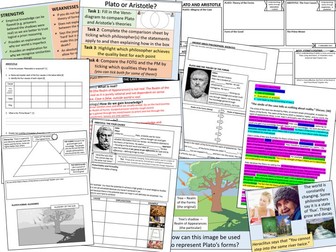

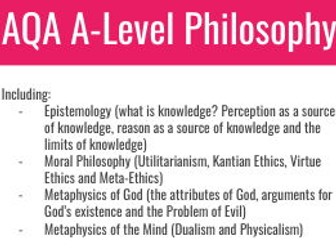


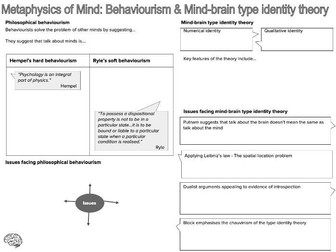

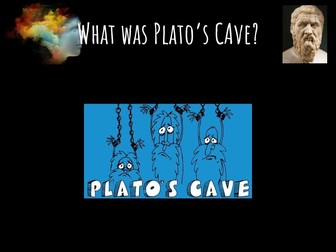


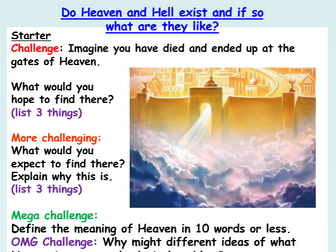
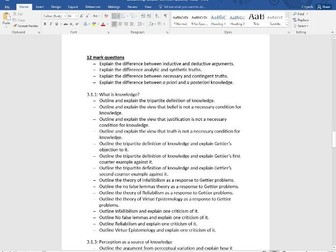

![The Ultimate P4C Resource Pack [Philosophy for Children]](https://l.imgt.es/resource-preview-imgs/912c7712-554e-41c9-a1a9-7a7c29b5055a%2FBUNDLECOVERP4C.jpg?profile=res-img-med-legacy-v2)

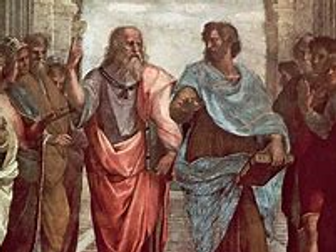

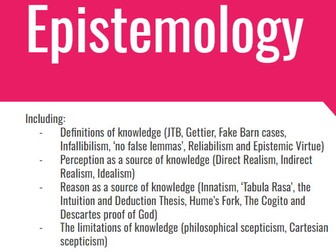
![Sociology of the Family (20 Lessons) [ GCSE Sociology ] Families](https://l.imgt.es/resource-preview-imgs/c1deaba7-482f-4c34-9c6e-89310be6565e%2FBundleCover.crop_1599x1200_0%252C0.preview.jpg?profile=res-img-med-legacy-v2)
